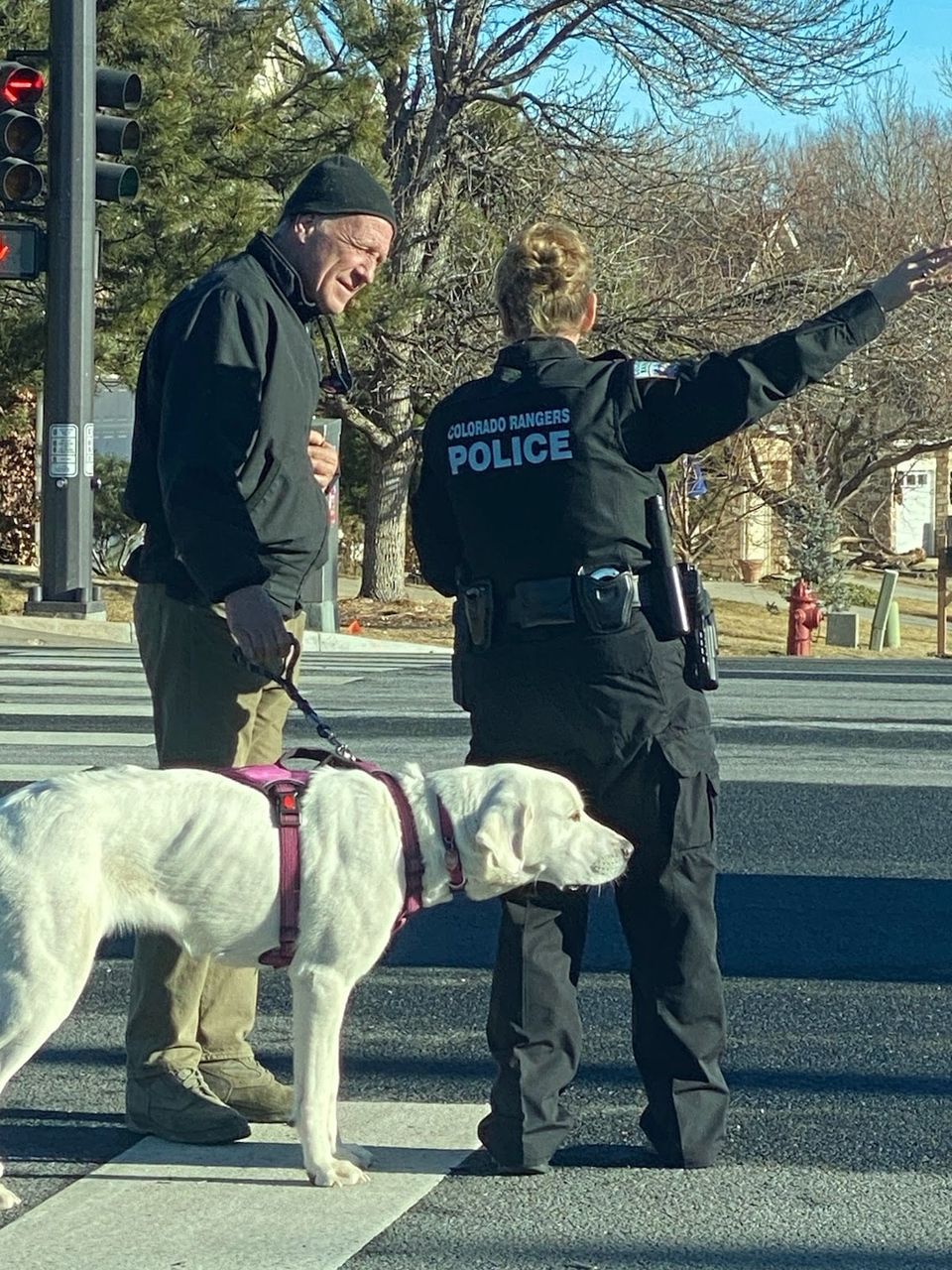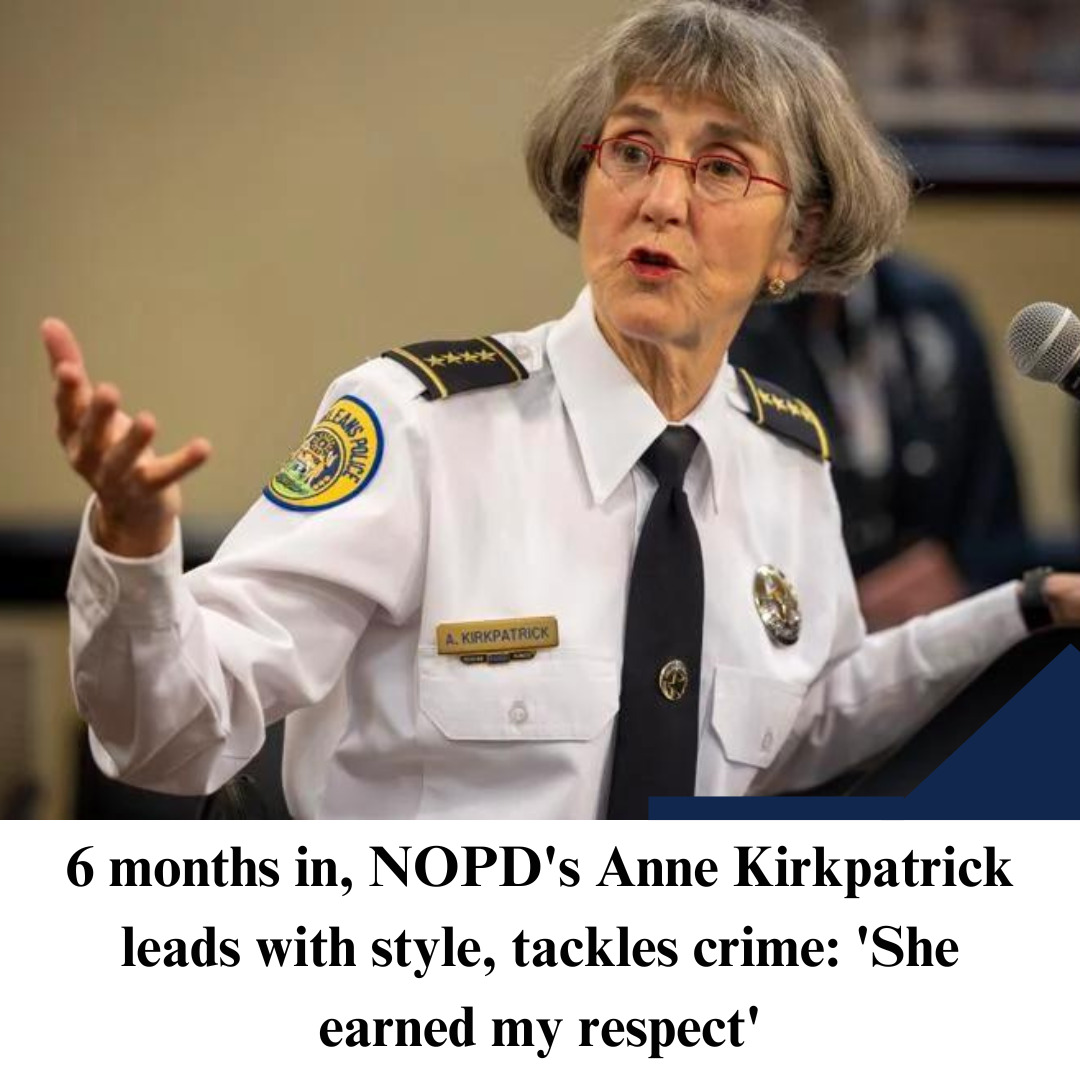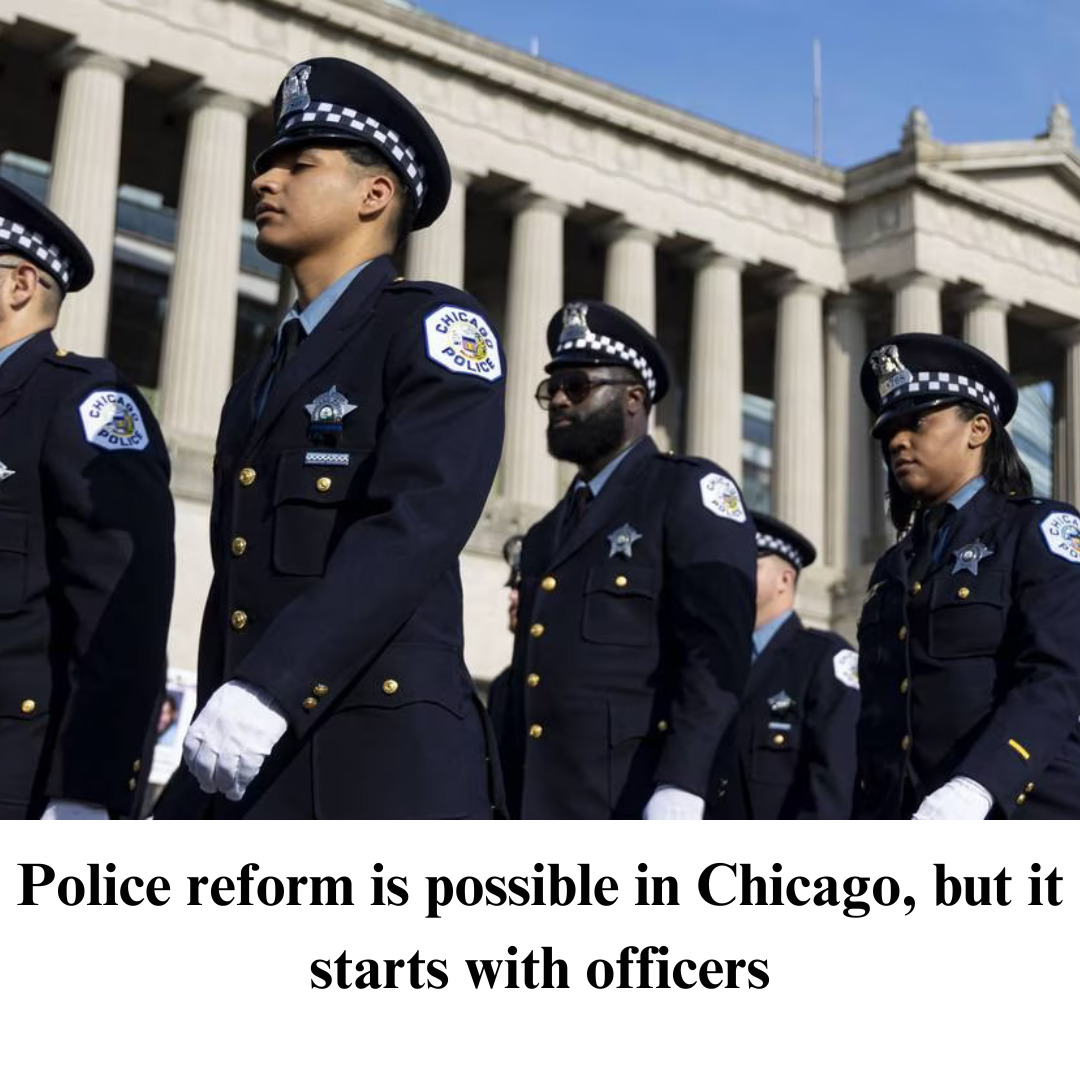Michael Harrison, is a two-time police commissioner, having led the two most troubled police departments in America through federally-mandated consent decrees. As a subject matter expert and the only police chief in the country to lead two departments in adopting mandated reforms, Harrison is uniquely equipped to teach and train in the areas of constitutional policing, professional development, executive mentoring and coaching, organizational behavior and cultural transformation, law enforcement discipline, police use-of-force, strategic planning, team building, and general management for law enforcement agencies.
Michael’s specialty is building community trust and police legitimacy through the creation and delivery of policy, training, supervision, management and discipline. A leader in coaching, mentoring and teaching, he has instructed organizational leaders on how to bring about community trust of police personnel by building bridges between policing organizations that don’t exist or were broken and in need of repair. His teaching process focuses on establishing and leveraging relationships with key stakeholders within government and community and the appropriate navigation of conflicting and competing interests.
















